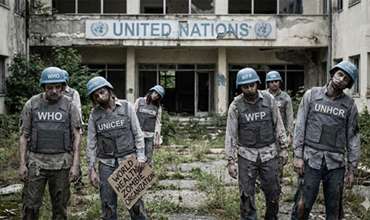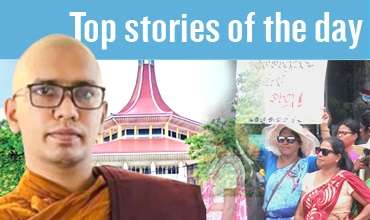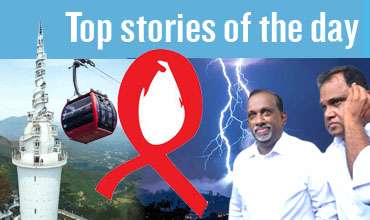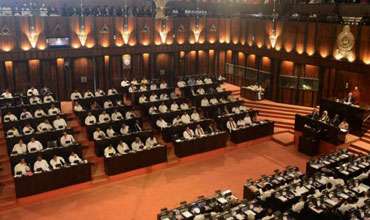Good-quality state administration is a sine qua non for good governance

By N.A.A.P.K. Nedurana (MBA (Moratuwa), PGD in IT (Moratuwa), MBCS, CITP, MCS (SL))
If the staff of state institutions are demotivated or lethargic, if state institutions lack quality officials with integrity and if corruptions, malpractices and undue favouritisms are widespread in them, people of the country cannot expect at least a reasonably efficient and reliable administration, let alone good governance. Of course, it goes without saying that inefficient state administration hampers the progress of the country and its people. This pathetic situation can primarily be attributed to politicizations of state institutions, off cause, politicization is not the only contributory factor for this.
Another major reason for the lethargic attitude of state sector employees could be the low remuneration packages for which they are entitled for compared to the remunerations of the private sector organizations, particularly in an economic and social environment where there is high cost of living, high inflation, comparison and high expectations. It is natural for the employees of one sector to compare their remunerations and perks with that of the employees of other sectors in the same country who are holding equivalent positions or doing similar work. Therefore, there is no wonder that the state sector employees of Sri Lanka compare the perks that enjoyed by the employees of good private sector organizations in the country.
To depoliticize state institutions, it is vital to give real powers to officials of the state institutions while recruiting talented, qualified and quality people or people who have potentials to be developed as quality people to the state sector. But, if there will be a room for political appointments or political interferences this process will not be workable again.
Obviously, the major barrier in recruiting talented, qualified and quality people to the state sector is the very low remuneration packages the state sector officials are entitled for compared to their counterparts in the private sector. Unless this very huge difference is narrowed down at least to a reasonable degree the state sector will not be able to attract talented, qualified or quality people or people who are really interested to develop themselves as quality officials. Undoubtably, the preference of today’s science graduates in Sri Lanka is the private sector given the very high salaries they can earn if they join a good private company compared to what the state sector in Sri Lanka will offer them. Many science graduates who join the state sector after passing out from the university also leave the state sector seeking opportunities in the private sector for the same reason and for better perks. Reluctance of young qualified and talented people, who have ample opportunities in the private sector which offers higher salaries and better perks, to remain in the state sector if the institution is politized, aggravates this situation. This can be a major contributory factor for the erosion of quality in the state sector and will be detrimental to its healthy future. Ideally, the state sector also should be in a position to compete with the private sector in the job market and carry out its talent acquisition effectively. The country’s state education system, which shapes the future of the majority of the children in Sri Lanka, is no exception. Unless, this issue is addressed successfully, without delay, the state sector will be left only with people who find it difficult to get jobs elsewhere.
Politization can enter into state institutions by way of unions which are affiliated to political parties. That is not healthy at all for the institution’s good governance. Having unions which are not affiliated to political parties is the only remedy. For that, employees also need be wise and capable enough to form and run their independent unions effectively and in professional manner. The best example in Sri Lanka is Government Medical Officers' Association (GMOA).
Parallel to all these, it is essential for politicians to keep themselves away from the operations of the state institutes, unless it is a policy matter which should be addressed by them as legislators through the Parliament.
To make state officials and state institutions independent, the state can create a new position and appoint an experienced and qualified person with maturity and integrity, whom can be nominated by the Constitutional Council, as the State Administrative Secretary of the country to function as the country’s chief of the civil administration. Another good move that could be brought in to strengthen depoliticization in state administration is bringing back the machinery of appointing Permanent Secretaries for the ministries.
These matters need to be taken into serious consideration when a new constitution for the country is formulated for empowering right people to administer and run state institutions efficiently and with good quality for the wellbeing of the country and its people.
In essence, the country cannot expect to see good governance sans quality state institutions.
Contact no. 077-2204484
-
Still No Comments Posted.
















Leave Comments